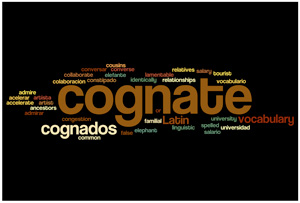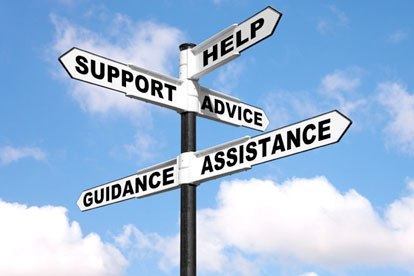Our in-house polyglot, on language fluency
Our in-house polyglot, on language fluency
Hola, queridos estudiantes.
After a long absence, your beloved teacher Octavi is back. Since the last couple of blog articles covered how to achieve fluency and what fluency really means for everyone, I would like to share what it means to me.
As many of you already know, I speak 7 languages. However, that doesn’t mean that I speak them all perfectly, of course. I speak 2 languages at a native level, Spanish and Catalan, and even in those two languages I have some doubts every now and then. I think that is pretty normal, though. In my opinion, English is the language I speak better after those two. Let me tell you that I make mistakes and forget words all the time, and I speak English every day! I started learning it when i was 8 and even now, 30 years later, I keep making mistakes of all kind. Does that mean I am not fluent in English? I wouldn’t say so, because to me fluency is not being perfect, but rather communicating effectively with others while being more or less accurate. In French and Italian I have no big problems either, but not using those languages in my everyday life makes it harder to get to a very advanced level. I am happy with where I am with my French and my Italian, and I know I will only be able to keep them at a certain level, but I still think that I am fluent thanks to the fact that both languages are similar to Spanish and I don’t need to practice them as much as my last two languages, Korean and Japanese. Obviously, Korean and Japanese are so much different from Spanish that just in order to speak them at an intermediate level you need to practice them almost everyday, and that’s what I do. I practice Korean and Japanese everyday, and even then my level is not as high as in any of the other languages I speak. Nonetheless, for a Westerner, I consider I speak Korean and Japanese at a pretty high level.
So what is it to be fluent? As you can see, the first thing to be considered is the language in question. Secondly, we have to think about what it means to ourselves. For some people, just being able to have simple conversations is going to be enough, while for other people being fluent will mean to be able not only to have conversations, but also to talk about any kind of topic, in any context or level (it’s not the same to talk in Spanish with a friend about your week and to give a speech about Biology in Spanish). Once you get to a certain level, being fluent really depends on what you want to achieve and how satisfied you are with your progress.
In any case, most of us need at least a couple of years to reach fluency. Mi advice is: don’t be too obsessed with getting to a certain level; enjoy the journey!
Saludos a todos,
Octavi










